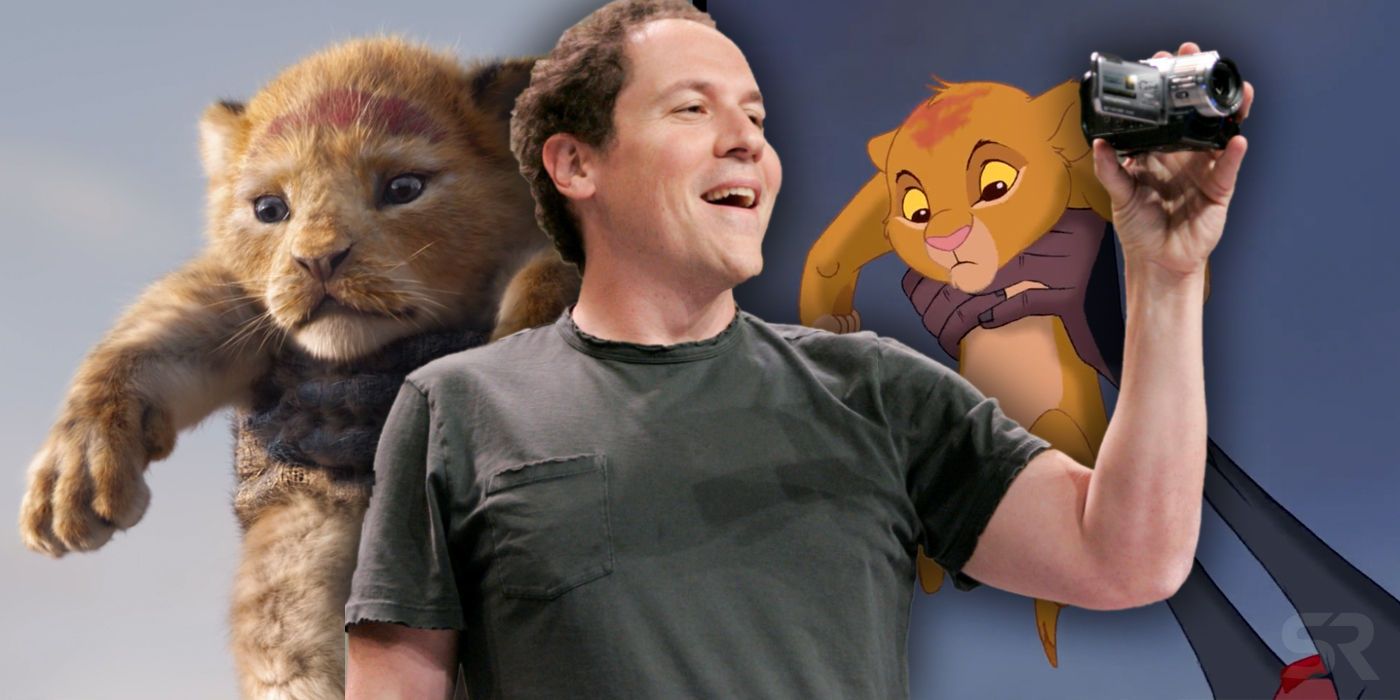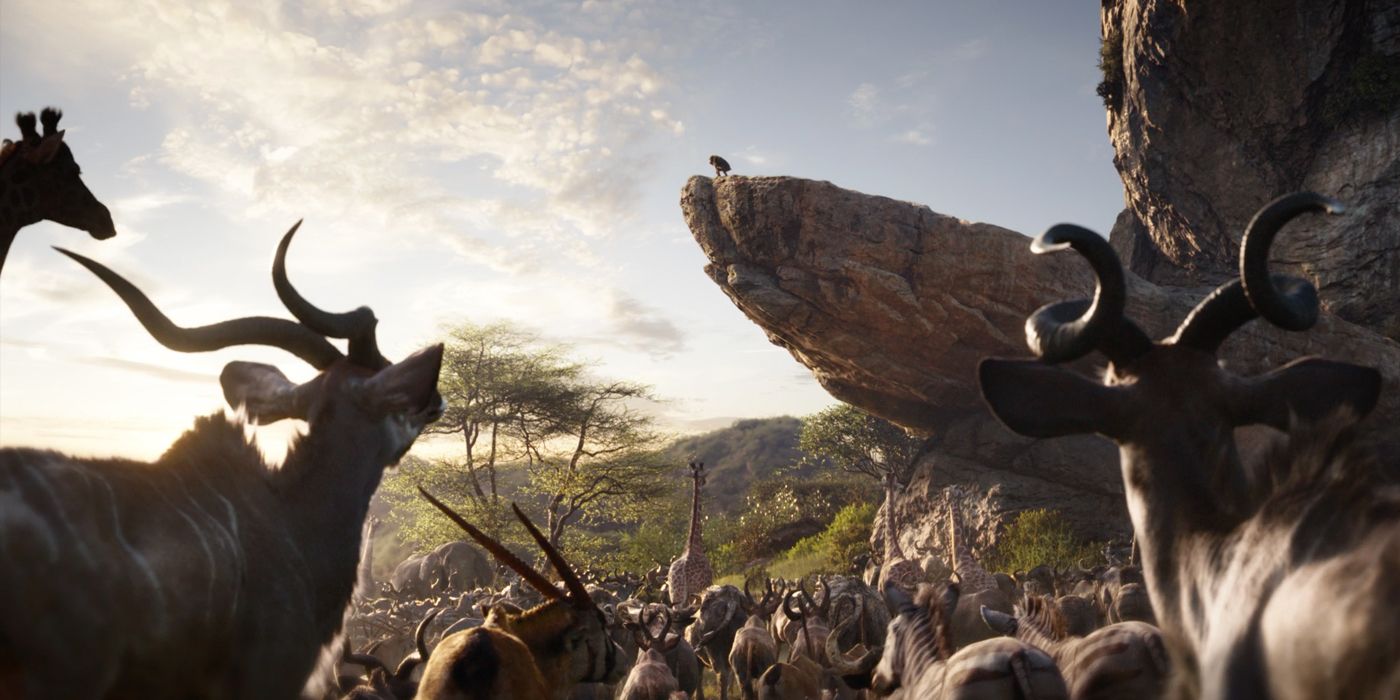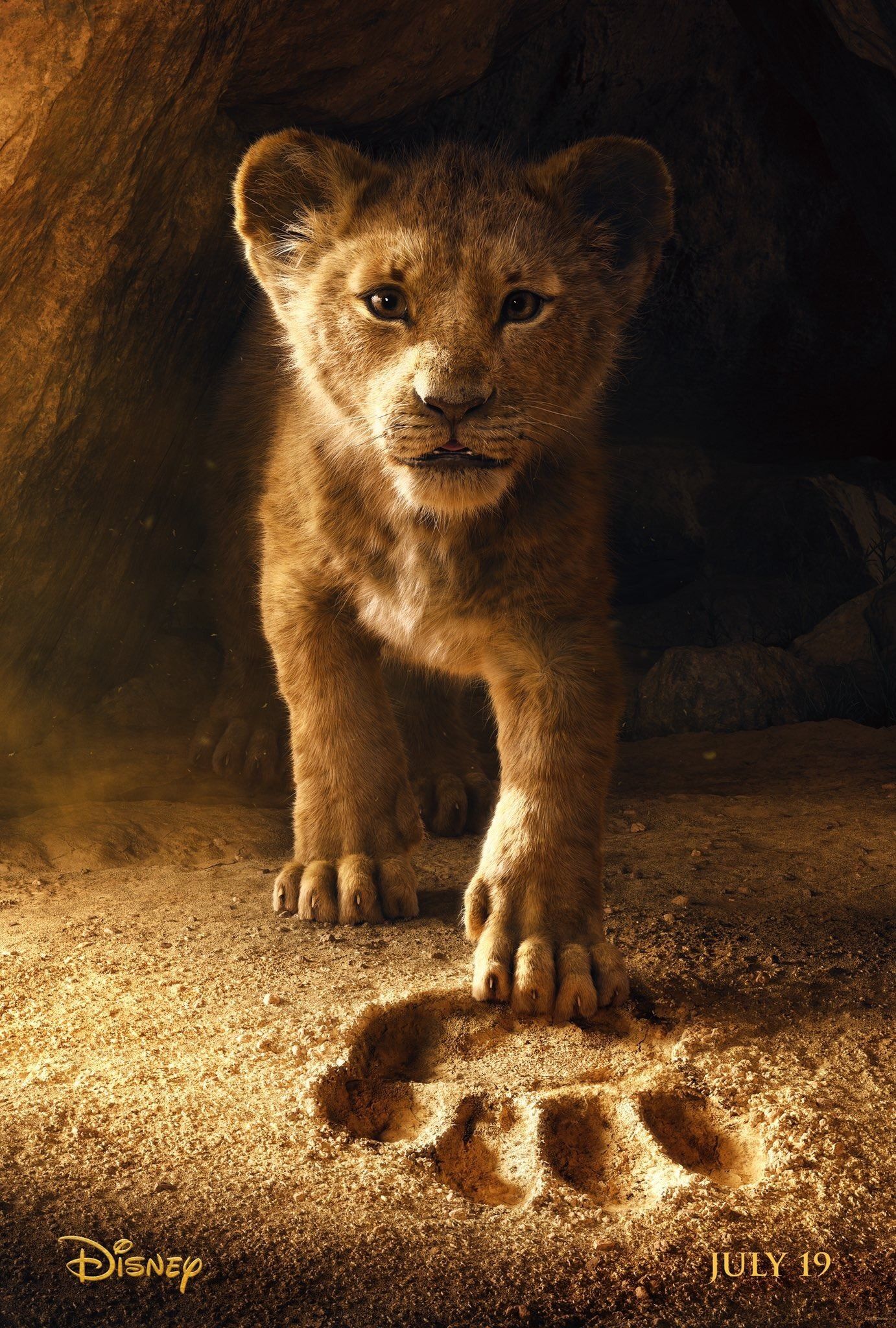Disney's The Lion King remake that's releasing in 2019 is very much a live-action movie despite being practically all CGI. In recent years, it seems as if Disney is only good at live-action remakes rather than making their more "original" live-action movies, such as A Wrinkle in Time and The Nutcracker and the Four Realms, even though those movies are still based on pre-established properties. So, it's understandable that they would want to continue down that path.
In 2016, Jon Favreau's The Jungle Book remake wowed audiences and critics alike with the movie's photorealistic animals. It was successful enough - earning over $966 million at the worldwide box office - to not only warrant a sequel, but it also convinced the upper echelon at Disney to give Favreau the reigns to one of their most beloved movies of all-time: The Lion King. And so, The Lion King entered principal photography in summer 2017 and is scheduled to hit theaters in July 2019, with the marketing campaign having only now just begun.
Related: What The Lion King's Opening Lyrics REALLY Mean
Yesterday, Disney released The Lion King trailer, giving people their first look at Favreau's live-action Lion King remake. However, the "live-action" designation is what's causing some confusion. From the trailer, it's clear that the movie is made up entirely of CGI, which is why most people believe it should be considered an animated movie. It's a fair conclusion, though it's not necessarily true. See, the key difference here is that Favreau's Lion King remake is practially a pioneer in CGI, being a "virtual production."
It's not animated in the traditional sense of the word and, instead, has been filmed on a bluescreen stage, just as is the case with many blockbuster movies these days. The Lion King 2019 remake was filmed using traditional live-action techniques mixed with CGI elements. It's groundbreaking, at least for something of this scale.
A rudimentary distinction between live-action and animation (including the use of CGI and such) is that live-action uses photography; essentially, in its most basic description, live-action movies are created using cameras. Live-action doesn't only mean humans appearing on-screen; it's an industry term for the process in which a movie is filmed. Think about it this way: if the human characters - and only the human characters - were removed from James Cameron's Avatar, would it cease to be live-action? It's a rough comparison, but the same notion applies to CGI-heavy productions, which have been struggling to find their footing in Hollywood ever since movies like Steven Lisberger's TRON started releasing.
Interestingly, The Jungle Book and The Lion King VFX Rob Legato told THR in 2016 that even he considers these "virtual productions" to still be live-action: "I don’t consider this an animated movie. I consider this just a movie, and this happened to be the best way to make it. We [made] it comfortable for Jon Favreau to come in and be able to direct as if it was a live-action film." What's more, an argument that has been trumped around since The Lion King remake's announcement is that Disney hasn't referred to the movie as live-action themselves. While that's true, all of Disney's remakes have taken release dates that were originally saved for movies temporarily titled, "Untitled Disney Fairy Tale (Live Action)." So, yes, The Lion King is all CGI, but it's still a live-action movie.



